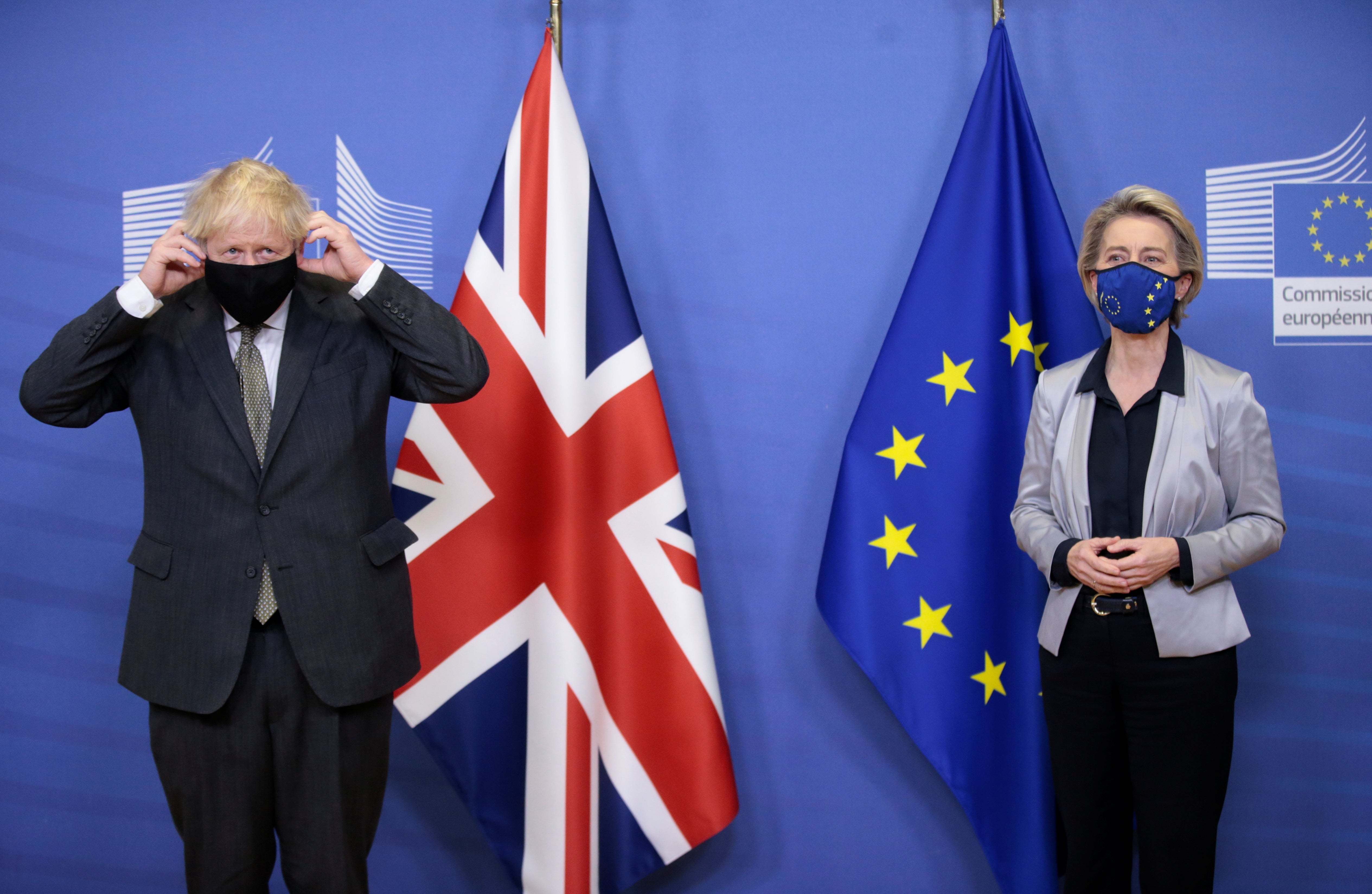Mea Culpa: EU trade talks and the theory of relativity
John Rentoul on questions of style and usage in The Independent


At one point in the interminable reports of the two sides still being far apart but agreeing to continue their negotiations on the EU-UK trade treaty, we said: “The talks come as the European parliament’s Sunday evening deadline for any deal to be ratified before the transition period ends quickly approaches.”
I understand the temptations of journalistic dramatic licence, but unless those involved were approaching the speed of light, time was probably passing at the same stately pace as usual.
Muscle bound: In the sports pages recently we referred to “a badly damaged left bicep”. This is a back-formation from biceps, which is the Latin singular. I think it is perfectly acceptable English, as “biceps” might be confusing. Guy Keleny, my predecessor as custodian of Mea Culpa, once explained that the Latin plural is bicipites. It would be fun to see that in a sports report, but I don’t think it is necessary.
Watt, why? In a report of Boris Johnson’s plans to cut the amount of carbon dioxide put into the atmosphere by generating electricity, we said: “The government’s target is to reach 100g per KwH by 2030.” Thanks to Roger Thetford for pointing out that we had our upper and lower case letters the wrong way round. A kilowatt hour should be abbreviated “kWh”. Although a watt is written with a lower case “w”, the international system of units says the symbol for it is a capital “W”.
Light in darkness: In one of our headlines we managed to present the news of the approval of a second vaccine with a deadening thud of journalese: “The long-awaited Oxford vaccine brings light amid one of darkest periods of the pandemic.” Most of the time we use “amid” because it is short, and helps to join phrases without having to worry too much about the connection. But it is confusing here. Are we in the light, or in the dark? The light is shining, and yet we are still “amid” the dark.
In this case, brevity was no excuse, as the headline would have been improved by using an even shorter word: we could have said the vaccine brings light “in” or “to” one of the darkest periods.
One bang or two? A similar example of journalese cropped up in the headline: “Huge explosion in Nashville ‘after vehicle blew up’.” Careful study of the report, after it was referred to me by Paul Edwards, confirmed that the vehicle blowing up was the huge explosion. The “after” is a word like “amid” that allows half-constructed phrases to be bolted together as if they made sense, but in this case turns it into nonsense. “As vehicle blows up” would have been better, without the quotation marks, which added nothing.
Light in darkness II: The foregoing does not mean, however, that we should avoid “amid” altogether. This, from Bel Trew in Beirut, is how the word should be used: “Amid the shipwrecked shells of destroyed buildings, Saydet El Najet church is a ray of light for her parishioners who gather for mass on a crisp Christmas Eve.” It puts the reader in the middle of a scene. The usual test of a word is whether a normal person would use it in conversation. That is a test which “amid” fails. But when Trew uses it, it becomes poetry.

Join our commenting forum
Join thought-provoking conversations, follow other Independent readers and see their replies
Comments